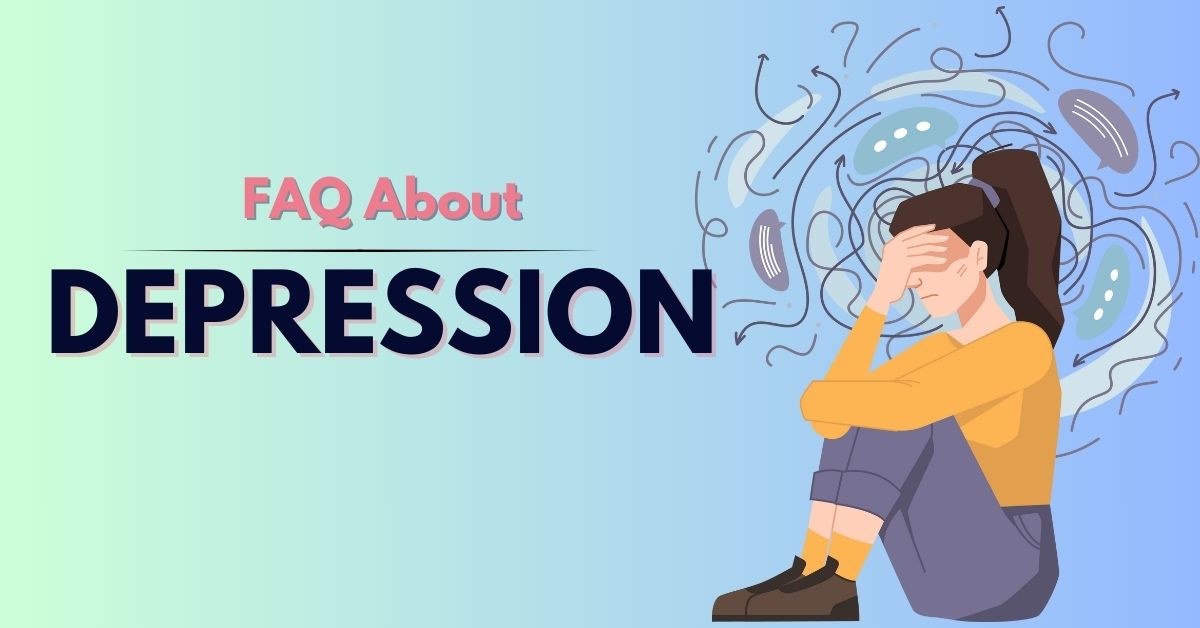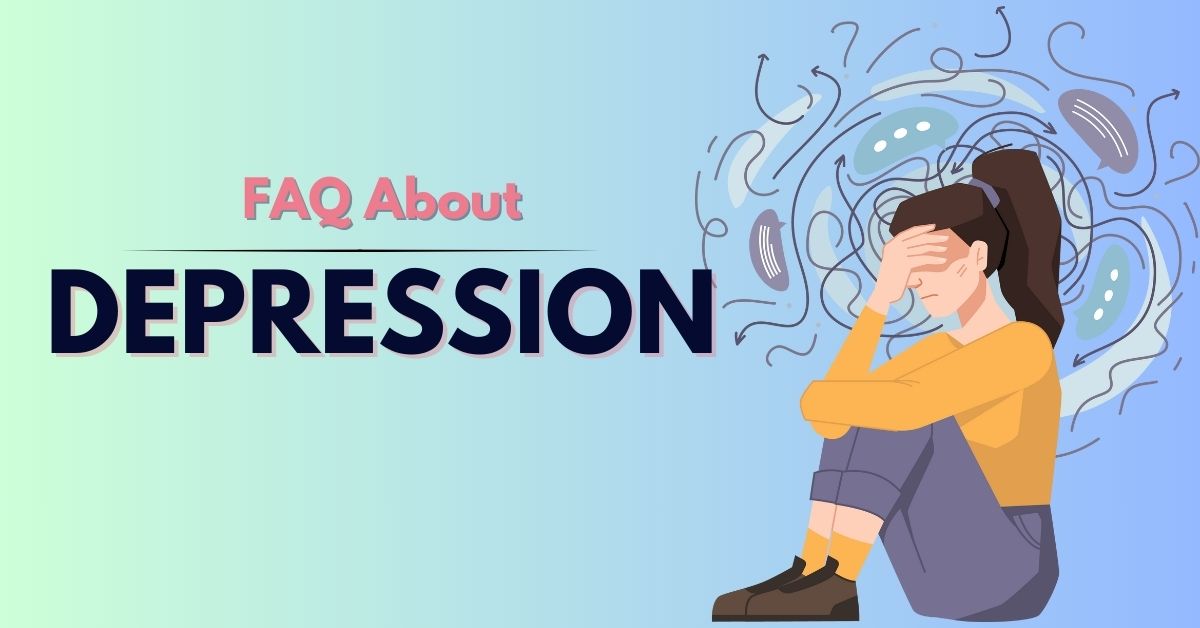Have you ever wondered if your emotional well-being can affect your physical health? Depression, a common mental health condition, doesn’t just take a toll on your mind; it can also affect your body. One surprising yet common symptom is unexplained weight loss. But how does that happen? Let’s dive into the intricate connection between depression and weight changes.
What Is Depression?
Depression isn’t just feeling sad or having a bad day. It’s a persistent mental health condition that can affect how you think, feel, and function in daily life. Symptoms include prolonged sadness, loss of interest in activities, fatigue, and changes in appetite or weight.
Understanding Weight Loss
Weight loss happens when your body burns more calories than you consume. While this is often intentional through diet or exercise, unintentional weight loss can be alarming and may indicate underlying issues, including depression.
How Are Depression and Weight Loss Linked?
The connection between depression and weight loss isn’t always straightforward. Depression can trigger physiological and emotional changes that lead to decreased appetite, disrupted eating habits, and even a higher metabolic rate in some cases.
The Role of Stress Hormones
When you’re depressed, your body produces stress hormones like cortisol. Elevated cortisol levels can suppress appetite and lead to changes in digestion, further contributing to weight loss.
Loss of Appetite in Depression
Depression often numbs your senses, including hunger. Meals you once enjoyed might no longer seem appealing, and skipping meals can become a norm. This lack of interest in food is one of the primary reasons behind weight loss in depression.
Increased Activity Levels
For some, depression can cause restlessness or an inability to sit still. This increase in physical activity, paired with reduced food intake, can result in weight loss. Imagine trying to keep a car running on empty — it simply can’t go far.
Emotional Eating vs. Not Eating
While some people cope with depression by overeating, others might find it difficult to eat at all. It’s as if their body forgets the need for fuel, leading to significant weight changes.
The Social Isolation Factor
Depression often isolates people. Without the social interactions that might encourage regular meals, individuals may eat less or forget to eat altogether. This can spiral into a cycle of malnutrition and further weight loss.
Health Risks of Sudden Weight Loss
Unintentional weight loss isn’t just a cosmetic concern; it’s a health risk. Rapid weight loss can lead to:
- Nutritional deficiencies
- Weakened immune function
- Muscle loss
- Increased fatigue
Signs Your Weight Loss May Be Due to Depression
Not sure if depression is the root cause of your weight loss? Here are some signs to watch for:
- Persistent sadness or hopelessness
- Loss of interest in favorite activities
- Trouble sleeping
- Lack of energy
Seeking Help and Support
If you suspect depression is affecting your weight, don’t hesitate to reach out. Friends, family, and professionals can provide the support you need to navigate this challenging time.
Treatment Options
Treating depression often alleviates associated weight loss. Common treatments include:
- Therapy: Talking with a professional can help you address emotional issues and establish healthier habits.
- Medication: Antidepressants may help stabilize mood and appetite.
- Dietary Support: Working with a nutritionist can ensure you’re meeting your body’s needs.
Self-Care Strategies
Incorporating self-care into your daily routine can make a significant difference. Here are some tips:
- Stay Active: Even light exercises like walking can improve mood.
- Eat Regularly: Set reminders to eat, even if you’re not hungry.
- Practice Mindfulness: Techniques like meditation can reduce stress and improve emotional health.
When to Consult a Doctor
If your weight loss is severe or accompanied by other concerning symptoms, it’s crucial to consult a healthcare provider. They can rule out other medical conditions and guide you toward effective treatment.
Conclusion
Depression and weight loss are deeply interconnected, highlighting the importance of addressing mental and physical health together. By understanding the signs, seeking help, and implementing self-care strategies, it’s possible to regain control over your well-being. Remember, you’re not alone in this journey.
Also Read: Can Depression Cause Memory Loss?
FAQs
Q: Can depression cause both weight gain and weight loss?
A: Yes, depression can lead to weight gain or loss, depending on how it affects your appetite and eating habits.
Q: How much weight loss is considered concerning?
A: Losing more than 5% of your body weight in six months without trying is a red flag and warrants medical attention.
Q: Can treating depression help with weight loss issues?
A: Absolutely. Treating depression often stabilizes appetite and helps manage unintentional weight changes.
Q: What foods are good for managing depression-related weight loss?
A: Nutrient-dense foods like whole grains, lean proteins, fruits, and vegetables can help restore energy levels and health.
Q: Is it normal to lose weight during stressful periods?
A: Yes, stress can lead to weight loss, but if it’s prolonged or severe, it’s important to seek professional help.



